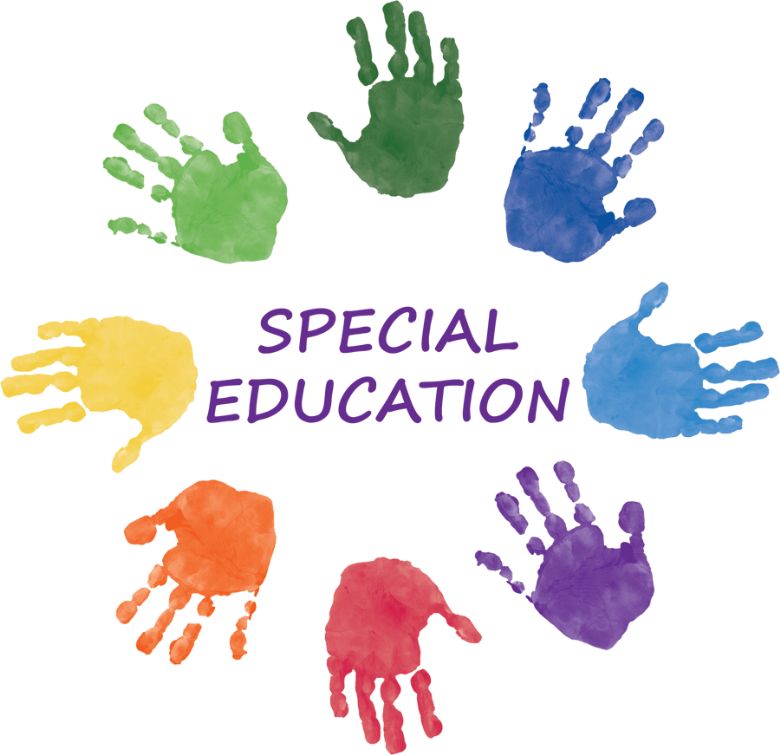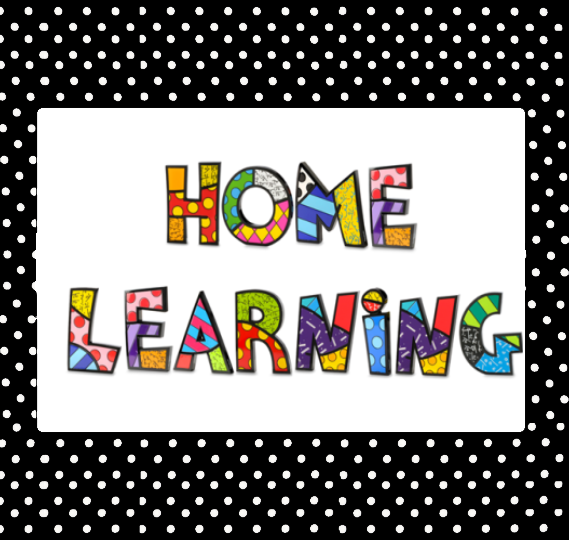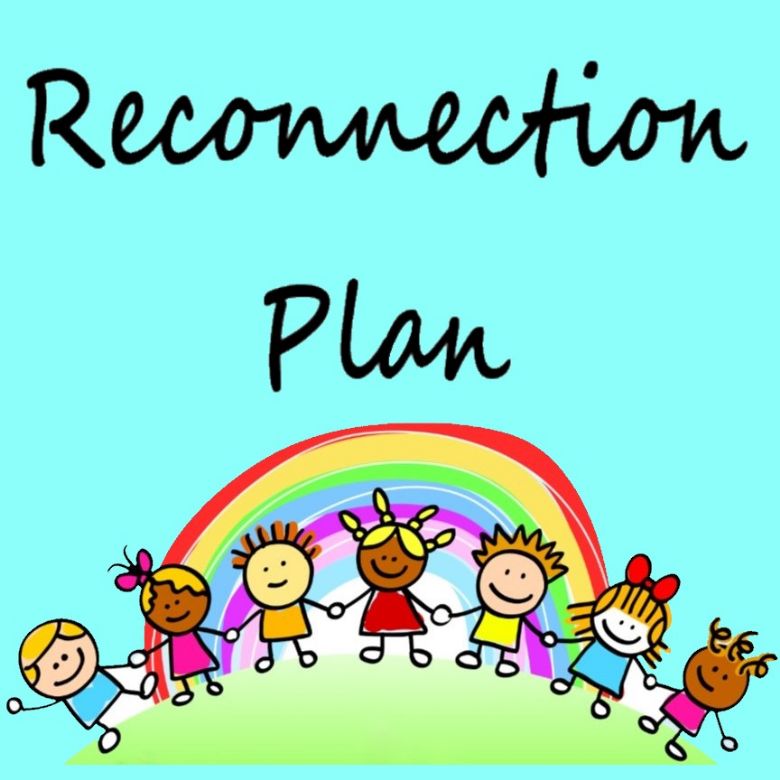Curriculum
Curriculum Intent:
“Nurture – Believe – Discover – Achieve''
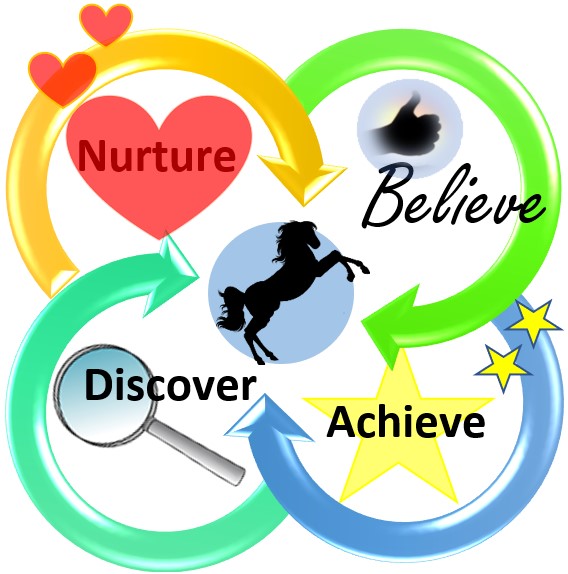
Introduction
At Studfall Junior Academy, we view the design of the curriculum as an evolving and fluid process which takes into consideration: the needs and character of our children; the children’s prior learning; children’s experiences; the community in which school exists, the statutory curriculum (National Curriculum) and educational research which is evaluated and relevant to our school. We have designed a curriculum which teaches what matters to our children so that they know more, remember more and understand more.
Curriculum Definitions:
When collating this policy we have agreed the following definitions:
Intent – everything that happens in the curriculum up to the point of delivering it (before the teaching)
Implementation – everything that happens in the classroom (the teaching)
Impact – children knowing more, remembering more and understanding more
Curriculum Intent:
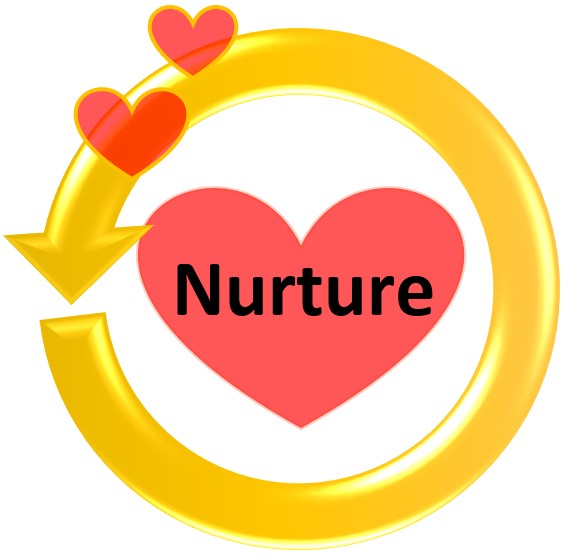
To build a curriculum which nurtures children’s learning behaviours and develops a curiosity towards the exploration of knowledge so that they know more, remember more and understand more.
To design a curriculum which grows the key skills of: collaboration, independence, resilience, communication, leadership and enthusiasm so that children know how they learn.

To build a curriculum which ensures children can be creative, inquisitive and have an opportunity to explore and try new things.
Teachers plan lessons which create enquiry, curiosity and the opportunity to explore new ideas, scenarios. Children are asked as part of their “Mind Maps'' what they would like to find out about a specific topic. Themed weeks. School visits from outside organisations. School trips including the residential programme for years 5 and 6.

To build a curriculum which ensures children know right from wrong, celebrate diversity and that difference is ok. To recognise their strengths.
To design a curriculum which results in children developing crucial life-skills, and positive moral traits so that understand their role within the community and wider world. To understand what it means to be a British Citizen or, someone from another country who lives in Britain. To be aware of the rule of law, tolerance and being mutually respectful whilst understanding what it means to live in a democracy and to have individual liberty. To experience cultural capital and to use this to make links across their learning. To celebrate their success and that of others.

To build a curriculum which develops learning and results in the acquisition of knowledge so that they know more, remember more and understand more.
To design a curriculum with appropriate subject knowledge, skills and understanding as set out in the National Curriculum so that children can reach and exceed their potential.
Implementation
- We plan using the National Curriculum.
- We enhance the curriculum using progression grids.
- Subject Progression grids are used to develop long term planning.
- Teachers use the long term planning to plan units of work and deliver individual lessons.
Effective Learning
We acknowledge that people learn in different ways and we recognise the need to develop pedagogies which enable all children to learn in ways which suit them.
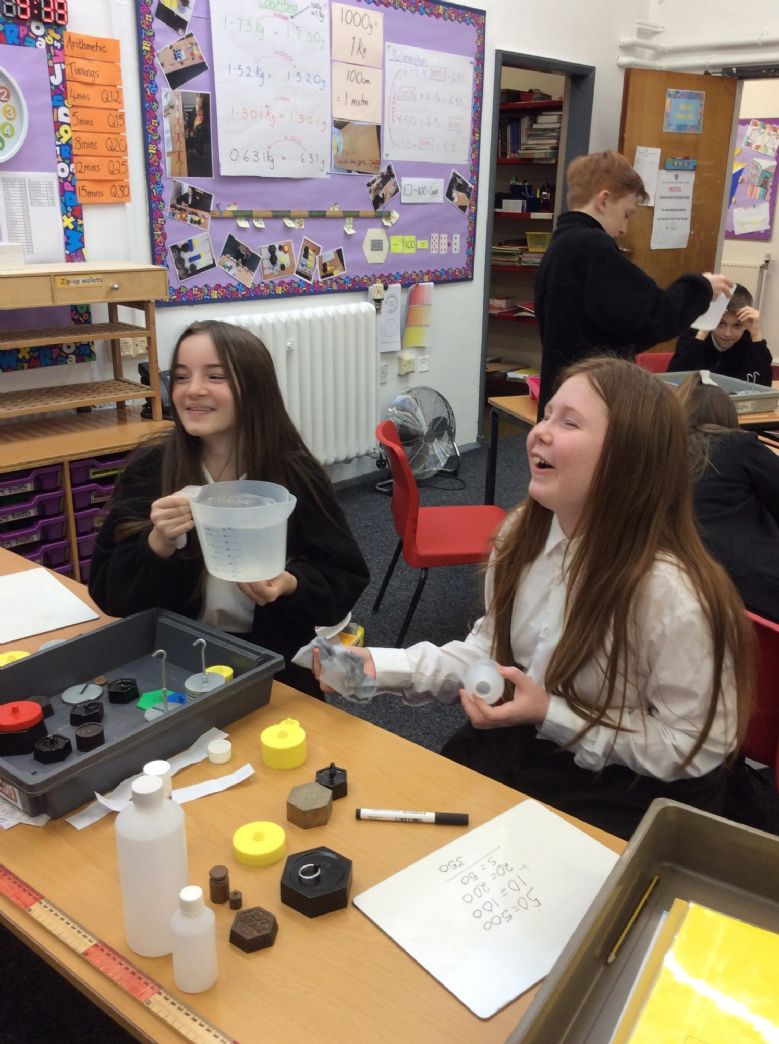
We offer ways for children to learn in different ways including:
- Investigation and problem-solving;
- Open-ended tasks;
- Reasoning;
- Research and finding out, with independent access to a range of resources;
- Group work, paired work and independent work;
- Effective questioning;
- Presentation and drama;
- Use of ICT;
- Visitors and educational visits;
- Creative activities, designing and making;
- Use of multimedia, visual or aural stimulus;
- Participation in physical or athletic activity;
- Homework;
- Extra-curricular clubs and activities.
Thinking Skills
Following training on Bloom’s Revised Taxonomy and research carried out by our Maths leaders, we have introduced a whole school approach to enable children to develop their thinking skills in Maths. This has been extended into many other areas.
The characters are:
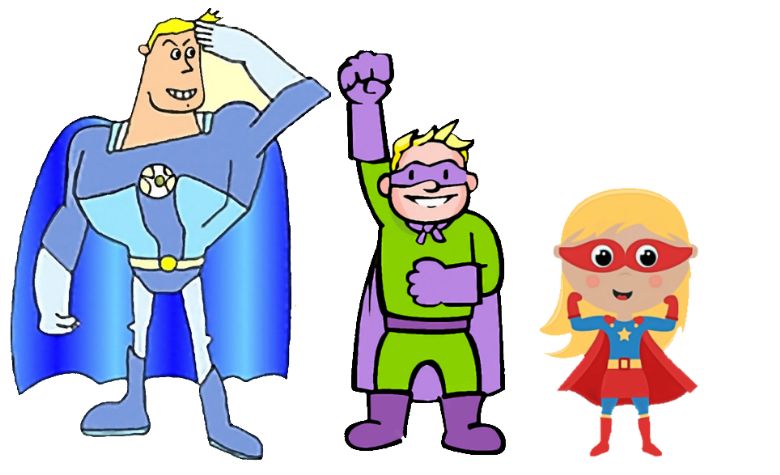
Captain Conjecture: this is where a child is challenged to say what they will think will happen in a range of contexts.
Convince Me Vince: this is when a child is asked to give reasons for their ideas- perhaps looking at patterns or using concrete resources to show why this is the case.
Generate Jess: using existing knowledge to create a new problem or idea. This may be a new design in a DT project, develop a word problem for a situation.
These characters can be used in teaching sessions to reinforce and develop concepts. The characters are developmental in the order of Blooms Taxonomy – Conjecture, Convince then Generate. However, they may be used out of sequence if it helps to develop children’s learning and a character is better suited to a particular lesson.
We do not expect all lessons to include the use of these characters, but this type of reasoning should be undertaken on a regular basis.
Evidence of the use of the characters will be seen through their use in planning, in children’s work and through marking. Posters for all of the characters should be displayed in classrooms. Stickers for all of the characters are available and can be used in books to identify where the skills have been used and to encourage deeper thinking.
Reconnection
With the advent of Covid 19, we have created a Reconnection plan (See below) in order to identify and fill gaps quickly, rebuild mental and physical well-being, reconnect with the outdoor environment and re-establish positive relationships.
For greater detail, click on the subject links opposite or the links below.

Our Knowledge Organisers are kept here.
OPERATING PROCEDURES AND RISK ASSESSMENTS FOR OPENING WITH COVID 19 can be found here.

